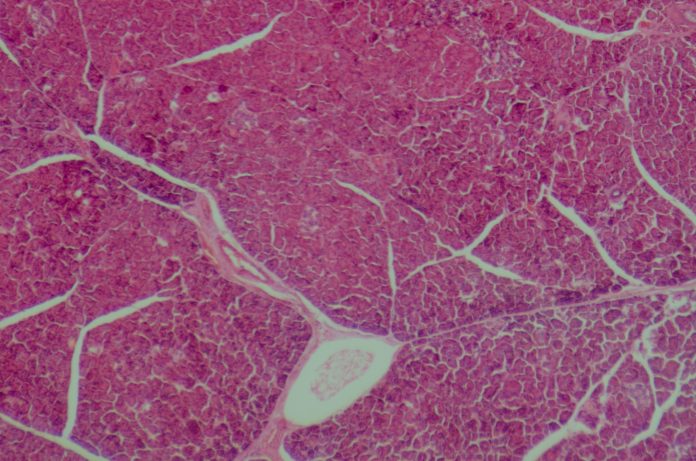In a ground-breaking moment, scientists reveal that 70% of “healthy” BMI participants were able to achieve type 2 diabetes remission
Diabetes is considered one of the most serious, widespread health issues in the UK. Globally, 537 million adults live with the condition.
Diabetes is also a major comorbidity for severe COVID, with sufferers three times as likely to experience hospitalisation due to the virus.
Normally, only overweight and obese patients have a shot at remission
In the UK, the disease disproportionately impacts ethnic minorities. Research suggests that recent biological memory of famine can increase this likelihood, while other research argues for a different method of classification that could improve health outcomes.
Dr Mubin Syed, a researcher in Ohio speaking to HuffPost UK, said: “Exposure to even one famine has a multi-generational effect of causing metabolic disorders including diabetes, hyperglycemia and cardiovascular diseases. Imagine having an exposure to at least 24 major famines in a 50-year period.”
Historically, overweight or obese type 2 diabetes patients have been able to reverse some extent of their disease via weight loss. Global healthcare professionals are likely to recommend that patients try to lose fat from their pancreas and liver – the two key organs involved in blood sugar control – to open the door to a reversal of type 2 diabetes.
However, this solution is normally just available to those who are not at a “healthy” weight.
Now, a study reveals that weight loss of 8% body weight could trigger type 2 diabetes remission – even in people with a “healthy” BMI. Professor Roy Taylor, leading a team at Newcastle University, finds that remission of type 2 diabetes is plausible in any body type.
Scientists made a cohesive plan for “healthy” participants to lose weight
The medical team supported the individuals to lose that key 8%, by implementing a strict low-calorie diet of 800 kcal per day – consisting of formula meal replacements and non-starchy vegetables for 2-4 weeks, followed by a 4-6 week weight loss maintenance period. At this point, the participants were gradually reintroduced to normal foods.
This cycle of weight loss and maintenance was repeated up to three times, until participants lost between 10% and 15% of their bodyweight. After each one, scientists checked how much fat was lost from the pancreas and liver.
They found that the structured low-calorie diet really worked, with harmful fat acting as the key to any measurement of type 2 diabetes remission.
“I was already in remission of the condition”, says study participant
Before this moment, there was no cohesive remission plan for the 10% of type 2 diabetes patients who are not overweight or obese.
David Childs, ReTUNE participant and now in remission of type 2 diabetes, shares his journey: “My eyesight was failing, I had constant headaches and I fainted. I knew something was wrong, but I never expected it to be diabetes. I was a healthy 48-year-old with a BMI of 27. My GP ordered blood tests and, with no family history of diabetes either, they were surprised themselves that the results said it might be type 2 diabetes – further testing showed it was true.
“Immediately I began my journey to understand more about how I can manage my health, but then I joined the ReTune trial and within the first round of the study and weight loss, I was already in remission of the condition.”
50% of participants went into remission after first cycle of weight loss
In a group of 20 people, 14 managed to attain type 2 diabetes remission after 12 months. Among them, the average BMI dropped to 22.4 kg/m2 – reduced from an average of 24.8 kg/m2.
The study also found that 50% of participants went into remission after just the first weight loss cycle. The blood pressure of participants also significantly dropped for the 14 individuals who went into remission, and they were able to stop taking diabetes medication entirely.
While the weight loss aspect can seem like the most difficult post-study habit to keep up, participants reported no difficulties keeping off the weight that they lost.
Chris Askew, Chief Executive of Diabetes UK, said: “Building on the pioneering DiRECT trial, this game-changing study from Professor Taylor and his team advances our understanding of why type 2 diabetes develops, and what can be done to treat it.
“Our ambition is for as many people as possible to have the chance to put their type 2 diabetes into remission and live well for longer. The findings of ReTUNE potentially take us a significant step closer to achieving this goal by showing that remission isn’t only possible for people of certain body weights.”








